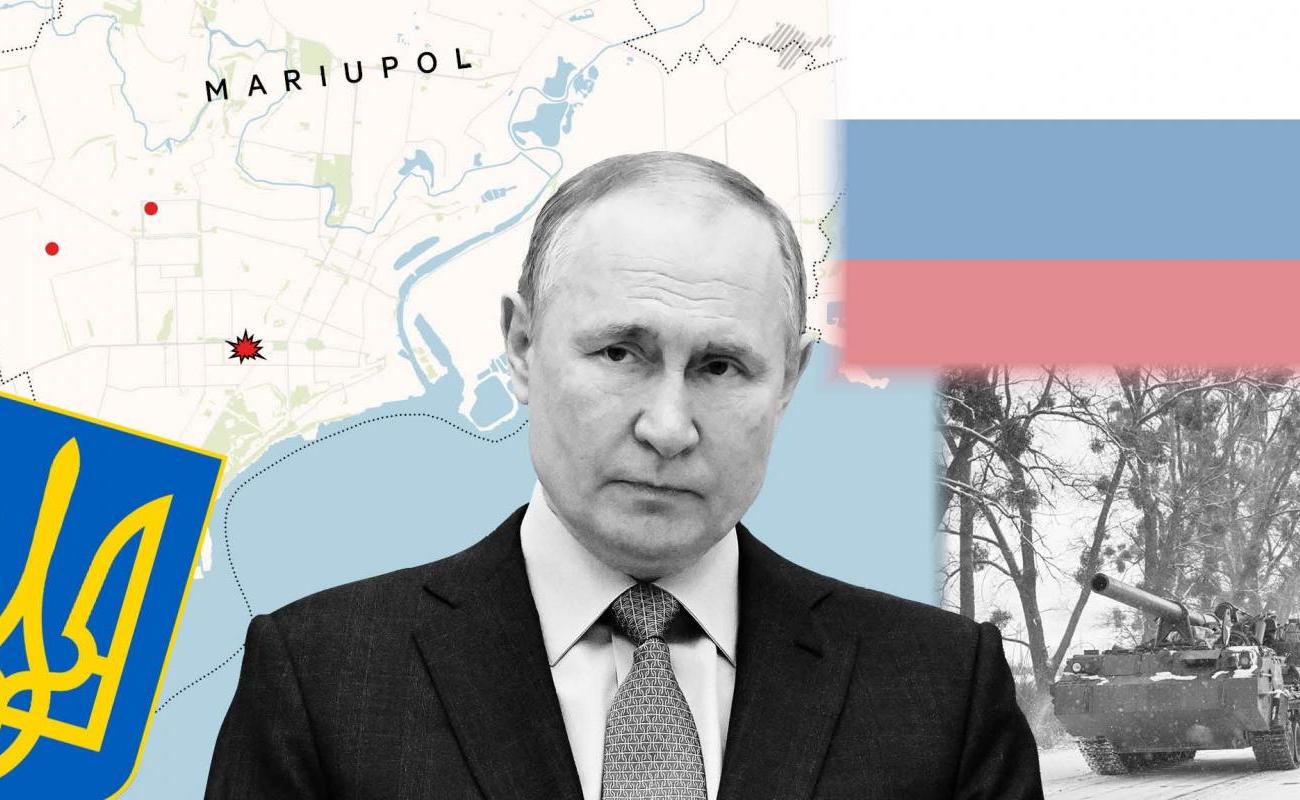How long will Putin's Russia be able to finance the war in Ukraine?

Not natural gas, but the export of oil and oil derivatives brings Russia more than 70 percent of all energy revenues
The war will continue until the oil embargo against Russia is adopted. As is well known, Hungary is blocking the oil embargo, which should become a key element of the sixth package of sanctions. Even if the veto is lifted, the package of sanctions envisages that the deliveries of crude oil from Russia will be suspended within six months, and oil products by the end of 2023. This is the time period during which Russian oil will be delivered to European refineries. That is, the war will not last three months or six. It will be a long story.
Russia's economy depends on energy exports. Not natural gas, but the export of oil and oil derivatives gives Russia more than 70 percent of all energy revenues. More precisely, the export of natural gas brings 22 percent of all energy revenues, coal - about seven percent, and 71 percent - the export of oil and petroleum products.
Much of the oil is exported through the ports of the Azov and Black Seas. At a time when Ukraine has lost about 60 percent of its maritime exports and imports, Russia continues to export petroleum products to the EU, Africa and distant Asian countries - India and China. In April alone, Russia exported about 11 million tons of oil from the ports of the Black and Azov Seas. A total of 182 tankers with Russian oil and oil derivatives (about 50 tankers a week) passed through the Bosphorus and the Dardanelles during the month.
Why did sanctions against ships under the flag of the Russian Federation not work and could not work? The sanctions did not include reserves: the ban does not apply to imports of energy (oil, diesel, heating oil, petrol) and food. Therefore, the task is to find ways for the EU to impose an embargo not only on crude oil, but also on oil derivatives, which make up about a third of exports.
In Russia, a small tanker fleet is a small tanker with a capacity of 4,000 to 7,000 tons of oil. The main part of the transport is performed by the Greek tanker fleet (it has one of the largest tanker fleets in the world: one tanker can transport about 150,000 tons of oil). The Greeks will significantly oppose the oil embargo on Russian oil, because they will have to stop dozens of their tankers, lay off people and lose income. Here it is necessary either to compensate for the losses of Greece or to find another purpose for tankers transporting Russian oil.
Otherwise, the Greek economy will face serious problems.
Not only Russian, but also Kazakh oil is exported from Novorossiysk. So, there is a problem with the introduction of sanctions: how to know for sure whose oil? The question is: what kind of policy to build towards Kazakhstan? On the one hand, the Kazakh authorities have not officially supported Russia's aggression against Ukraine. On the other hand, the Kazakh oil pipeline - the Caspian Oil Pipeline Consortium (CPC) - passes through Russia, which is 1,100 km out of 1,511 km of gas pipeline. It is managed by the Russian sanctioned company Transneft, which has a 24 percent stake in the CPC, receives dividends, in addition, Russia receives customs duties from the budget from the export of this oil.
Now about the situation around the seaports of Ukraine. Choosing Ukrainian ports and going to sea is a strategic goal of Russia. Even today we can say that the goal of cutting off Ukraine from the sea has been achieved. Two ports were captured in the Sea of Azov, the third port - in Kherson. The work of the port of Nikolaev is blocked, and no port in the Odessa region is working. Therefore, only the river ports on the Danube - Reni and Izmail - remained in Ukraine.
Romania has already started delivering Ukrainian grain, and Bulgaria has announced that it is ready to export Ukrainian grain, but the problem is that the closest railway to these countries is a bridge over the mouth of the Dniester, which Russia targets with projectiles. There is another bypass road - north of the mouth of the Dniester, which passes through Moldova near Transnistria.
Ukrainian grain was bought, in particular, by the Food and Agriculture Organization (FAO), which distributed grain to poor countries. Russia, like Ukraine, is one of the largest exporters of cereals. That is why it is favorable for Russia to stop the Ukrainian export of cereals. This situation will inevitably lead to higher prices of cereals on world markets, and Russia, as one of the largest exporters of cereals, will make money on it. Or it will stop grain exports and blackmail the world.
Turkey has not supported the launch of NATO's Minesweeper into the Black Sea. It would be logical to deploy a permanent NATO mine group in the Black Sea from the Mediterranean to demine the sea and unblock Ukraine's grain exports, but Turkey did not allow that. She explained this by the fact that it could lead to the outbreak of war in the Black Sea.
That is the situation we have today.
